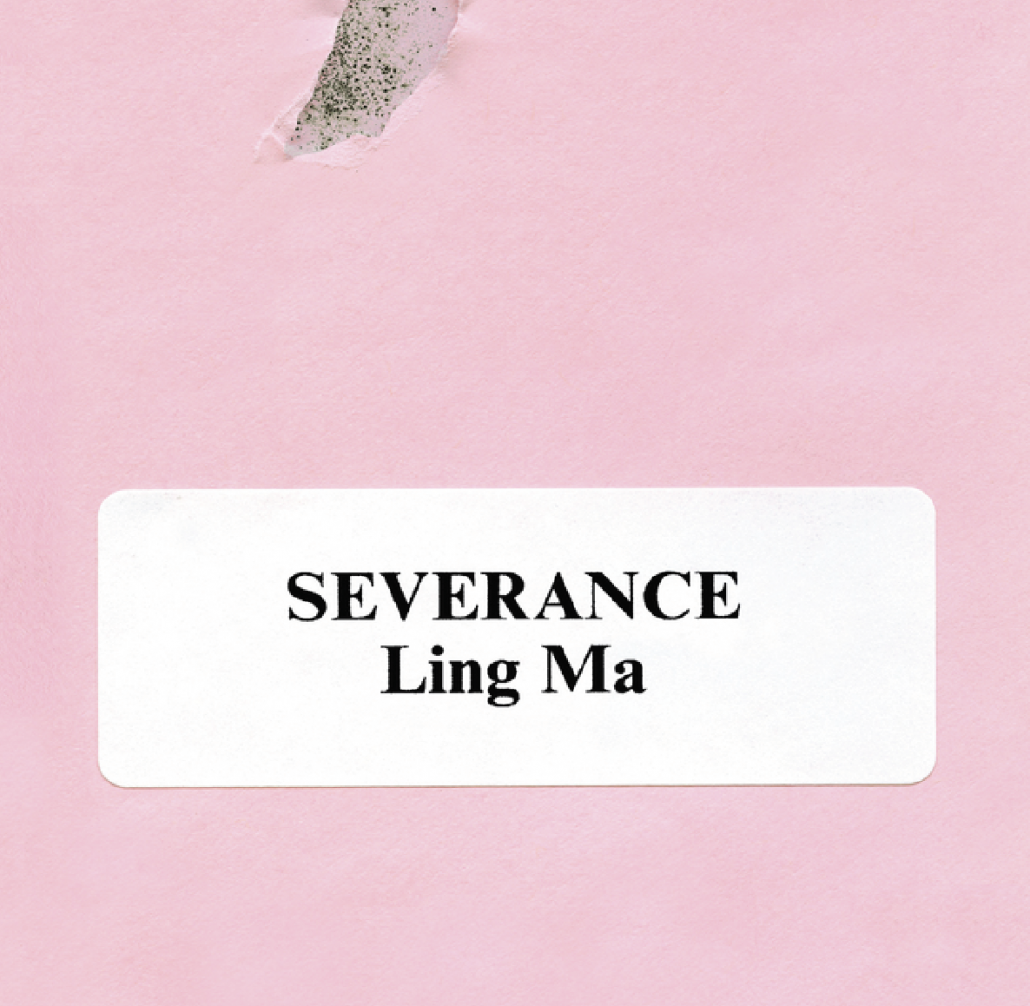Kitty Corner: ‘Severance’ is perfectly tuned into the immigrant experience

One time, someone told me that I have the same literary taste as a 25-year-old white boy.
Granted, this was back during my David Foster Wallace phase. But the pronouncement still rattled me, and I resolved right then and there to read more works by young women of color, especially Asian Americans.
But that’s not why I picked up “Severance,” even though the author, Ling Ma, fits the above criteria. I picked up “Severance” because it was topping every end-of-year “Best 2018 Book Releases” list, garnering rave reviews from all the prestigious publications — The New York Times, New Yorker, Vulture, Paris Review. It even popped up in aesthetic Instagram flat lay photos, with its trendy Glossier-pink cover.
After I finished the book, I realized what I had been missing out on. Because I have never, ever related to a fictional character more than I related to Candace Chen, the protagonist of “Severance.”
“Severance” is billed as a satirical horror novel with alternating chapters set in B.A. and A.A.: Before Apocalypse and After Apocalypse. The A.A. chapters detail Candace’s attempts to eke out a life with a roving band of survivors, all of whom are mysteriously impervious to the airborne Shen Fever, as they try to make their way to a secure compound called The Facility. The B.A. chapters illustrate Candace’s aggressively humdrum life and upbringing before the worldwide epidemic hits. In the book, Shen Fever originates in Shenzhen, China, and its zombified victims, although unpossessing of a hankering for human flesh, are doomed to an arguably worse fate: They are condemned to continually reenact a common life routine until they die from starvation and decay. In a particularly terrifying encounter, Candace stumbles upon a little girl flipping mechanically through the pages of a book, periodically sipping from a glass of moldy orange juice.
It was eerie, reading the B.A. chapters about Candace’s upbringing and temperament, and realizing how similar we were. She grew up an only child, worked hard in school to make her Chinese immigrant parents proud. She relocates to New York after college, a move I’m also banking on. She is wistful for the illusion of New York more than for its reality. She likes taking long, solitary walks through the city, snapping photos that she uploads to her photo blog, New York Ghost. She doesn’t mind being alone. In fact, most of the time, she prefers it. Anonymity, as she says, is freedom.
Her job is in production at a book publishing corporation called Spectra. She’s assigned to the Bibles department but secretly wishes to be one of the girls who works in the Art department: long-legged, shiny-haired fixtures who attend museum and gallery openings. She wants to be an Art Girl — well, who wouldn’t?
Soon after she lands the job, Candace is sent to Shenzhen to observe the manufacturing plants that produce the Bibles. The trip serves a dual purpose: To cast a foreboding shadow over the rote, repetitive movements performed by the factory workers and to highlight Candace losing touch with her Chinese heritage. She doesn’t know the full names of any of her relatives in China, and she barely communicates with them. She doesn’t really celebrate Lunar New Year, except by eating moon cakes. A character tells Candace that her Chinese name reminds him of a famous poem by Li Bai, “Quiet Night Thought.” It is a poem taught to every Chinese kindergartener, one that I used to recite over and over. But Candace doesn’t recognize it, and neither did I, until I looked it up and memories of it came flooding back.
After Shen Fever spreads overseas and ravages most of New York, Candace is offered an eye-popping sum to stay and man the ship, long after everyone else at Spectra has either succumbed or fled home to be with their families. Turning the amount over in her mind, she imagines “Crème de la Mer moisturizing creams, Fendi handbags and Bottega Veneta sandals.” She accepts — she’s ambitious, and has a taste for the finer things in life, even after social signifiers of class and status have been rendered moot by mass devastation.
With “Severance,” Ling Ma proves it’s possible to write a novel that fuses one’s own lived experience with the fantastical and absurd and find an audience far beyond your own community. I’ve read so many books from perspectives that are my polar opposite — it’s perhaps telling that I haven’t read something that resonated as deeply with me as “Severance” for a long time.
The book had one more surprise for me: After I finished, I flipped to the back and was struck by Ling Ma’s author portrait. She looks just like my mom. Actually, the resemblance is uncanny. Something about the eyes, the eyebrows, the freckles dotting their faces. It was as if she’d already known me my whole life — which, in a way, maybe she did.
Kitty Guo is a junior writing about contemporary literature. Her column, “Kitty Corner,” runs every other Wednesday.

